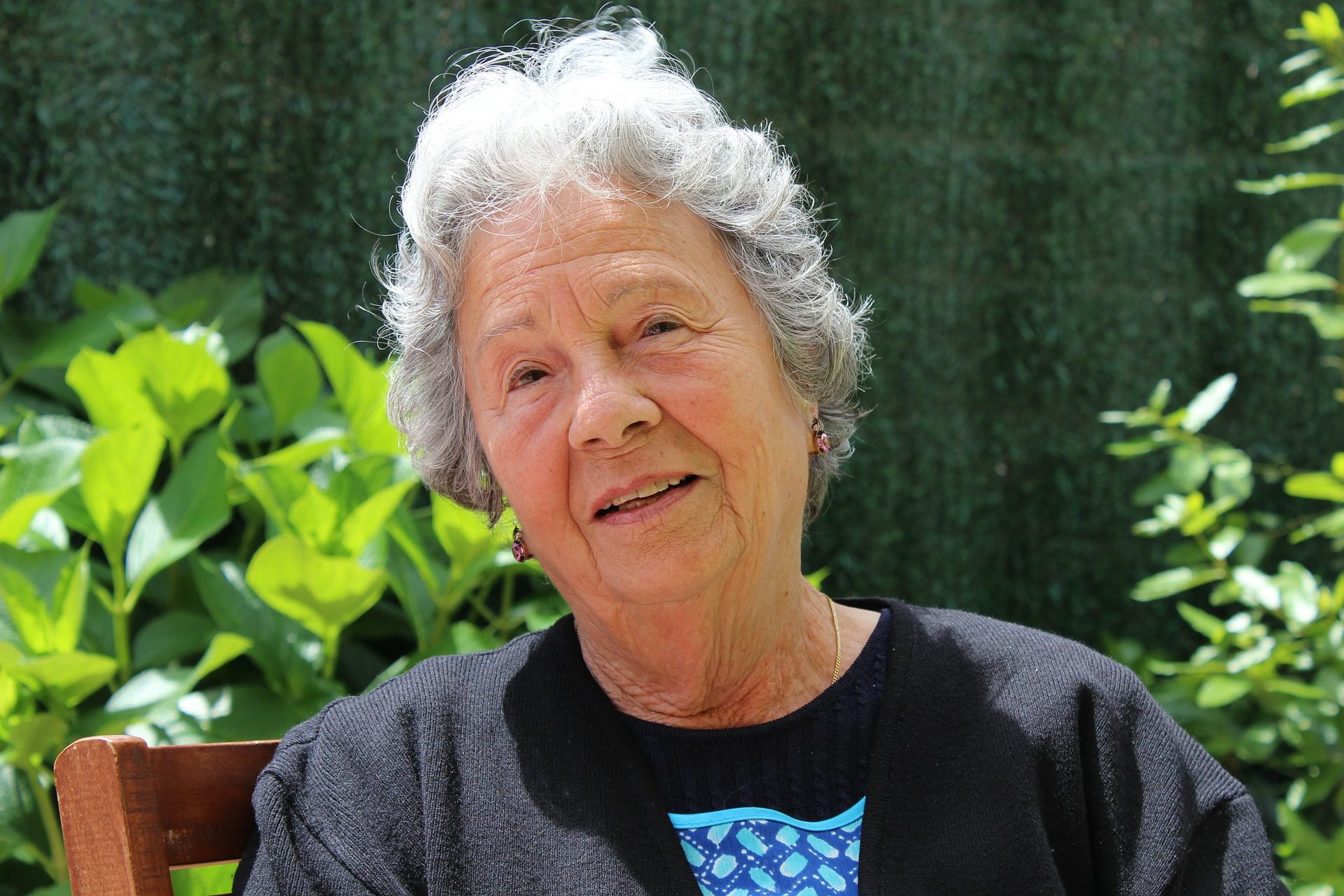Falls are a major health issue for people over the age of 65 and they can have devastating effects including injury, reduced mobility, social withdrawal and decreased independence with daily activities. Symptoms of dizziness or vertigo may be a major contributor to falls in the older population.
What is dizziness and what can cause it?
Dizziness is a word that can have a lot of different meanings to different people including:
- Light-headedness
- Disorientation
- Unsteadiness
- Feeling faint
- Giddiness
- Spinning (vertigo)
Causes may include:
- Benign paroxysmal positional vertigo (BPPV)
- Meniere’s disease
- Infection in the inner ear- vestibular neuritis
- Migraines
- Side effects of certain medications such as anti-hypertensives, sedatives, antidepressants
- Postural hypotension (a drop in blood pressure when moving from lying/sitting to standing)
- Neurological disorders such as Parkinson’s disease, multiple sclerosis, head injury
What can you do if you are feeling dizzy?
It is important that you contact your healthcare professional about your symptoms of dizziness as soon as possible as identifying the underlying cause is paramount to determining the right course of treatment.
Physiotherapy can play a major role in treating vertigo caused by BPPV and some other disorders of the vestibular system (inner ear), in conjunction with your doctor.
Following treatment of your vertigo, your physiotherapist may go through some specific vestibular rehabilitation exercises as well as balance and strengthening exercises to help you reduce your risk of falling.
Look out for the next blog on benign paroxysmal positional vertigo and how your physiotherapist can help you if you have this disorder.

